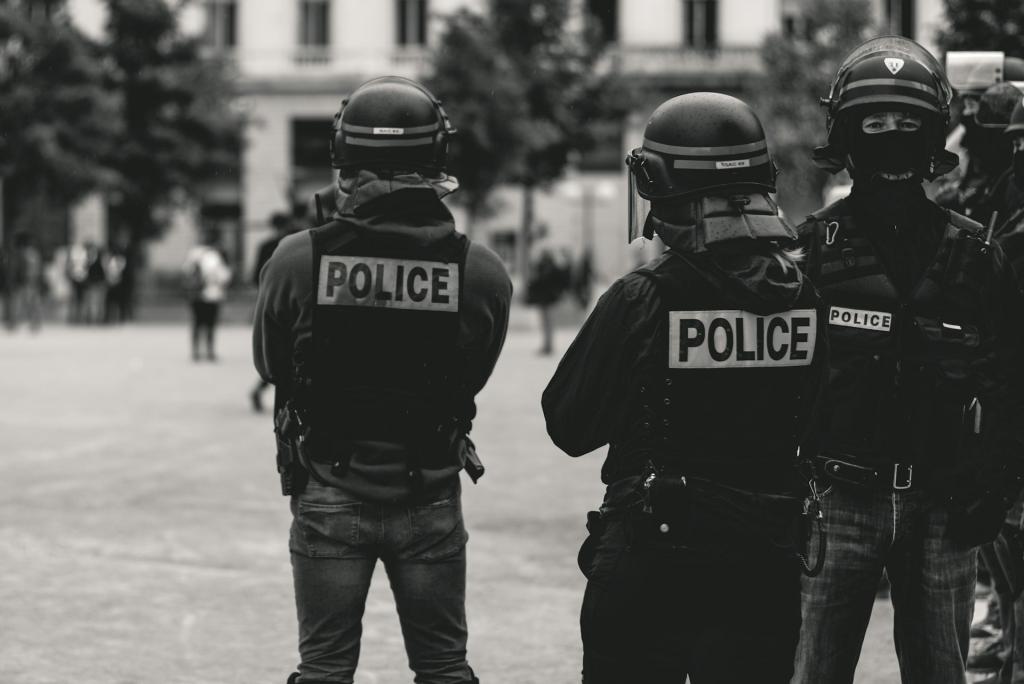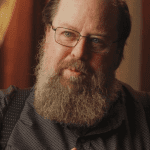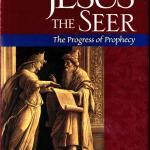
On Saturday, violent acts were carried out against an individual who is a former president and current presidential candidate. Regardless of our political convictions or spectrum, such acts need to be denounced unequivocally as wrong. This is also a time to hear a call to be a faithful presence. As you may be aware, this Lead a Quiet Life blog on Patheos pursues understanding 1 Thessalonians 4:11-12, and what it means to lead a quieter life at a slower pace, to discover a simple life and faith that embraces downward mobility in a chaotic world and church obsessed with excess. Such a countercultural way of living also has implications for how we respond to such situations. Amidst fearful times, the urge to engage actively can be strong. While there are moments requiring bold proclamation of God’s truth and gospel, this verse reminds us to live a faithful presence in our tasks. This perspective shapes our response, prioritizing living out peace and humility rather than divisive actions or rhetoric, and guiding us towards reconciliation and understanding, mirroring Jesus’ gentleness and love in turbulent times. This weekend also must remind the church to be a faithful presence in the local, regional, and global around us.
It is a political world.
In 1989, Bob Dylan released Oh Mercy, his twenty-sixth studio album. In the song Political World, Dylan belts out “We live in a political world, love don’t have any place.” This song has been on my mind today. Undoubtedly, the political climate around us has been marked by increasing division, polarization, and emotional responses. Over the past few years, I have lamented how this political climate has contributed to societal degradation. Additionally, I mourn the church’s decline in critical thought, fasting, prayer, and its Jesus-centric focus. In such a time, we must be careful to not trade the Kingdom of God for the kingdom of this world, nor can we afford to lapse and employ the division and tactics of the world around us (John 18:36).
The violent acts of yesterday against a former president and current candidate serve as a stark reminder of the signs of our times, the dangers of the world we live in, and the breakdown in our society. It breaks my heart that lives were injured and lost in the deliberate and wrongful acts of yesterday’s events, we must be focused on good (Romans 12:21). In such times, most of us want answers and a chance to share our thoughts. However, in times like these, we often find ourselves without quick answers and unable to speak confidently from such a place of uncertainty. We are in a time where there are still many unanswered questions and uncertainties that weigh on us. I hope to encourage you to continue in not finding the answers as much as unceasing prayer, to guard against being overwhelmed by the anxieties of the moment, and to remain steadfast in following the ways of Jesus (Philippians 4:6-7).
This is a call to stay alert.
In 1987, Christian songwriter Steve Taylor released an album called, I Predict 1990. The parody title was seemingly also a joke because the coming of 1990 was inevitable in 1987. I am not speaking prophetically, only through the evidence of the inevitable, that I am convinced that the remainder of this election year, and the years to come, will see increased violence, division, and threats. These challenges will threaten not only to disrupt our way of life, but to keep us trapped in fear, and they will also create difficult circumstances for the church to navigate, presenting temptations that, if we allow it, could divert us from the good that God desires to accomplish in, with, and through the church (Ephesians 6:12).
There is a peace train sounding louder.
One of my favorite songs has always been Cat Stevens’ Peace Train, released in 1971. In this song Stevens sings, “out on the edge of darkness, there rides the peace train.” This song calls us to believe the good things yet to come, not focusing on the darkness around us. As Christians, we are called to the same posture, we are called to live surrendered to God’s plan for us in the days ahead, remaining focused on the healing and peace that the Holy Spirit desires to bring to our homes, workplaces, places of worship, and recreation (James 4:7-8). We must draw near to God, as he draws near to us, and creates us to be people who are slow to speak and quick to listen, yet boldly speak compassionate truth when appropriate (Proverbs 15:1; James 1:19). We are called to pray for our neighbors, cities, enemies, and elected officials rather than live in fear or fight others (Matthew 5:44; 1 Timothy 2:1-4; Philippians 4:6-7). Our purpose calls us to promote peace as much as it depends on us, instead of sowing division (Romans 12:18; 14:19). Above all, we are committed to seeking the Kingdom of God and its righteousness, rather than relying on our own self-sufficiency and human effort (Matthew 6:33). This path may bring great difficulty, put us at odds with others, and make us feel like strangers in a strange land (1 Peter 2:11). Nevertheless, we do not fear because we know of the restoration and reconciliation awaiting this world from the one who overcame it (John 16:33). We are called to be a people who pray, who are inviting God’s kingdom and will to be realized here and now, on earth as it is in heaven (Matthew 6:10).
We need each other more not less.
As we navigate these times, let us unite as a community, valuing each other deeply. Let’s pray for one another, uphold God’s ways together, and always offer encouragement and support, even amidst differing convictions and political views. This is a time where we must remain in community, not isolate ourselves. The local church community serves as an anchoring support for God’s mission and for each other—it’s a place where we depend on God together, above all else.

















